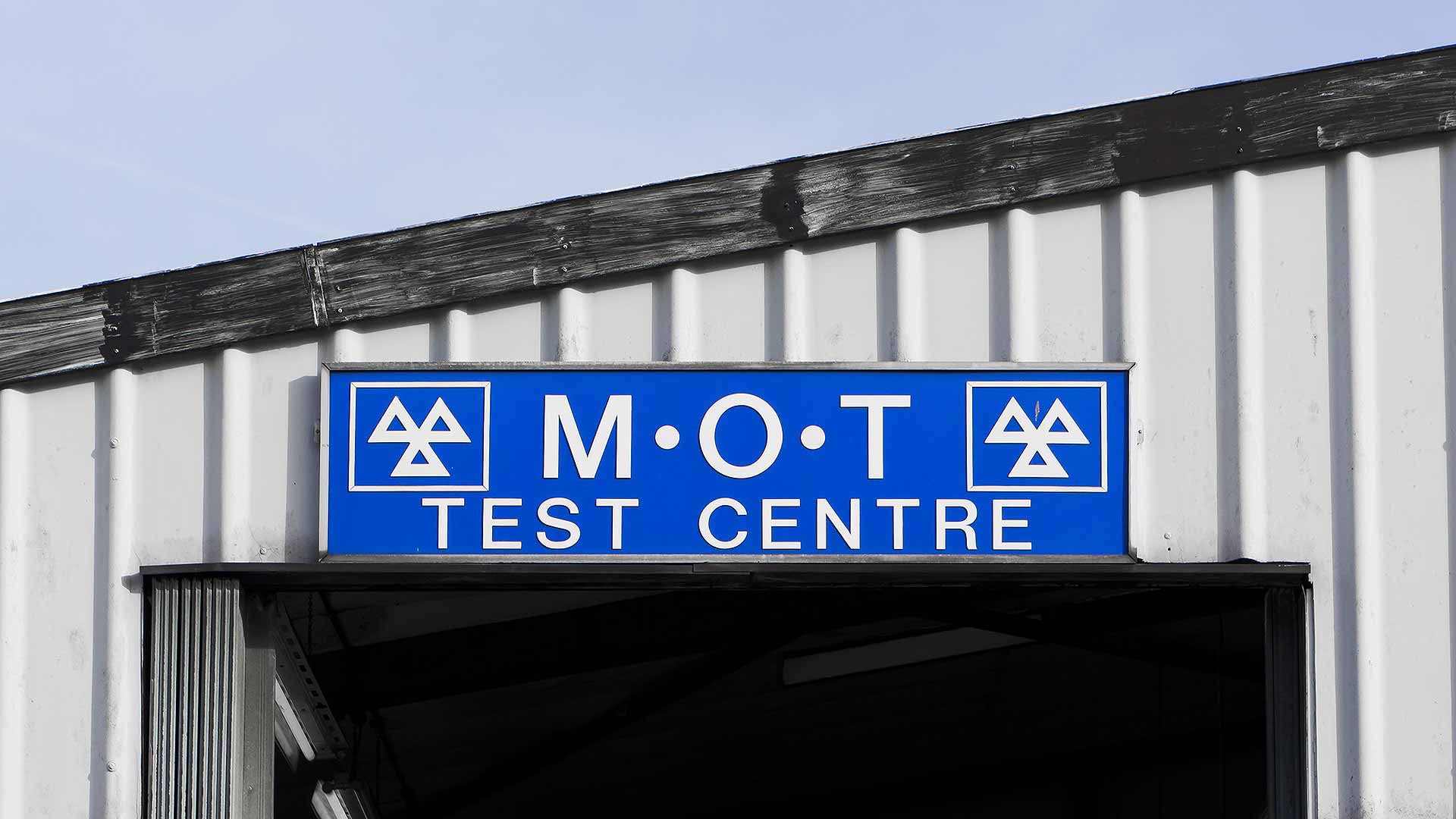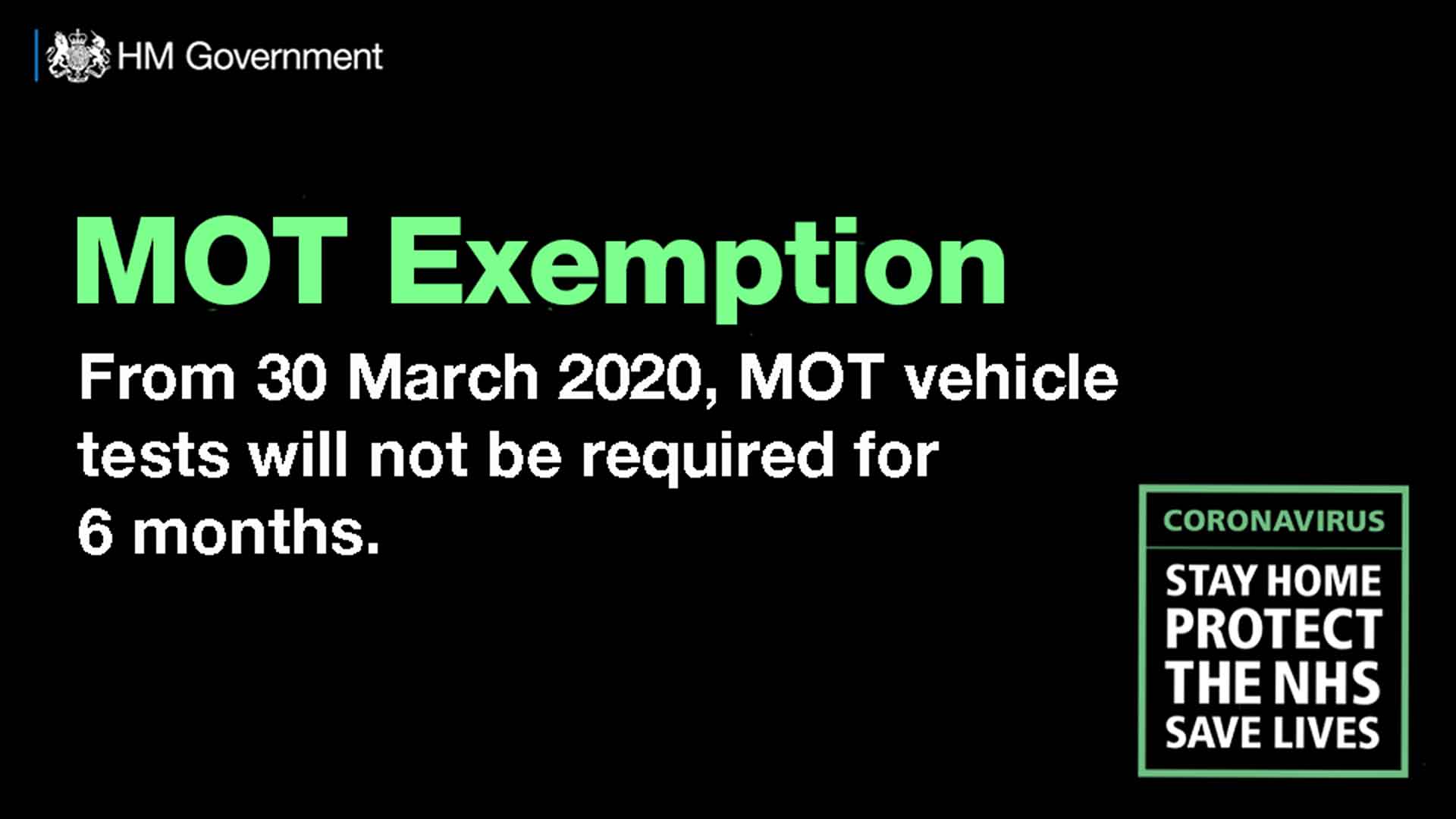
The MOT extension due to coronavirus has now expired. Under the scheme, MOT tests for cars, motorcycles and light vans due from Monday 30 March 2020 were granted a temporary six-month exemption.
The idea was to allow key workers to get to work, and for people to access essential food and medicine, during the Covid-19 outbreak.
The six-month exemptions were granted automatically, but they ended on 1 August 2020.

As a result of the exemption, the number of MOT tests declined 79 percent in April 2020 and 61 percent in May 2020, according to DVSA data.
And the knock-on effect has been a 160 percent leap in MOTs last month (April 2020), says the Book My Garage website.
How did the MOT extension work?
MOT expiry dates were automatically extended by six months, owners didn’t need to do anything. This was actioned about a week before the original MOT due-date was about to expire.
A new paper MOT certificate was not issued, to save on paperwork.
However, the online MOT record showed the revised date, so the police could tell drivers still had a current MOT.
Online check MOT status tools also used the new, extended date.
Car insurance remained valid under the MOT extension. Motorists are required to have a current MOT as part of car insurance rules (Section 47 of the Road Traffic Act 1988).
This legislation applied in England, Scotland and Wales. There were separate arrangements for Northern Ireland. Such an exemption could potentially be reintroduced in the event of another lockdown. Thankfully, this looks unlikely.
What about MOTs for lorries, buses and coaches?
MOTs for lorries, buses and coaches were suspended for up to three months from 21 March 2020.
Heavy goods vehicles (HGVs) and public service vehicles (PSVs) were issued with a three-month certificate of temporary exemption (CTE).
The government reminds operators to keep their vehicles maintained, in a safe-to-drive and roadworthy condition.
They should also still be operated within the terms of the operators’ licence conditions.
Can I be prosecuted for not having an MOT?

Yes, all cars must have a valid MOT. In addition, motorists are responsible for making sure their car is always safe to drive, or ‘roadworthy’.
Even cars with an MOT can be unsafe and classed as unroadworthy.
ALSO READ:
Category A, B, S and N: What do the car insurance write-off categories mean?
The most common myths about motorway driving
So, if the new MOT date is extended by 6 months, is the next MOT after that due 12 months after the extended date or on the Anniversary of the original (pre-extension) MOT date?
e.g. statutory Mot date 1 May 2020; actual Mot date 1 Nov 2020.
Is the next Mot due 1 May 2021 or Nov 2021?
This is an excellent point, Roger. We understand it will be as per the extended date, but we will seek official clarification and update this piece.
I came here as I have the same question. Should I rush to do service and MOT now or wait till December so next year I will have time till December as well?
Latest stands that if your car MOT is after 1st of August you must MOT it when it’s due – it won’t be extended.
Hi Roger, did you ever find the answer to your question? Can’t find it on here & my MOT is due 18th July, the car is well maintained, so if I wait until 18th Jan 2021 for the MOT, I’m not sure when the one after that would be due July 2021 or Jan 2022? Many thanks.
If mot has been extended and subsequently I manage to get it booked in prior to the extention date how will this work if it fails test? Will it mean extention no longer applies and car unable to be driven until it has passed?
[…] Coronavirus: Do I still need a car, van or motorcycle MOT? […]
Thank you for giving everyone a useful explanation of how the 6-month Coronavirus MOT extension works.
Hi, i like alot of people, confusion reigns over situations like this!! Can anyone tell me ,do we get a reminder about when the ” revised”, due date for renewal of the MOT? I’m disabled and have serious health issues, so only go out at the moment to attend Hospital appointments, so with the Pandemic etc( i know i’m not alone in worrying, but i relied heavily on my Father, who sadly has passed as has my Mum, Dad kept all the paperwork for the car, knew the MOT due date, service ,although he nevver drove a car in his life!!!)Can anyone advise ,so its one !ess worry??
So if you’re mot is due on the 31 October then you don’t get the extension as we all going back in lock down on the 5th November does it mean that it don’t need a mot until the 30th April 2021 please???